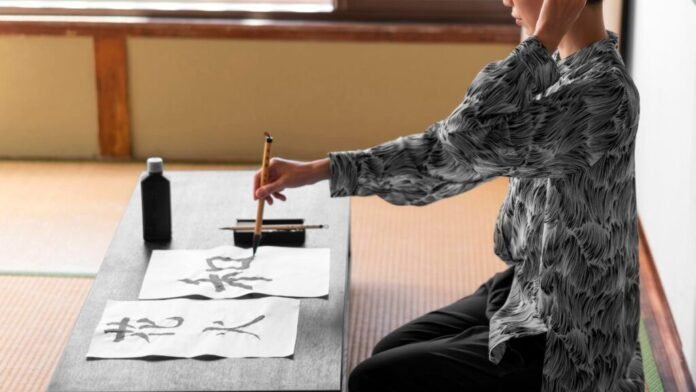Jyokyo is a word that resonates with depth, carrying an aura of cultural richness and philosophical meaning. While it may appear simple at first glance, jyokyo embodies layers of interpretation that connect to context, situation, and perspective. In an increasingly globalized world, terms like jyokyo stand out because they encourage people to reflect not only on their environment but also on how they respond to it. This quality makes jyokyo both timeless and highly relevant in today’s dynamic and fast-changing society.
The Meaning Behind jyokyo
At its core, jyokyo can be understood as a reference to “situation” or “circumstance,” often carrying with it a subtle acknowledgment of impermanence. Life is built on ever-shifting contexts, and jyokyo highlights this truth. By focusing on the present moment and the environment one is in, the concept brings awareness to the fact that nothing remains static. People who embrace jyokyo as a mindset are often better equipped to adapt, respond, and grow within their surroundings, turning challenges into opportunities for reflection and learning.
jyokyo in Daily Life
Everyday life is full of moments where jyokyo plays a silent yet crucial role. From making decisions at work to interacting with family and friends, each situation demands a level of awareness and adjustment. Understanding the jyokyo of a moment means stepping back, observing the details, and considering the consequences of one’s actions. This practice not only sharpens decision-making but also cultivates empathy, as it allows people to see beyond themselves and take into account the perspectives of others within the same circumstance.
Cultural and Philosophical Significance
The term jyokyo also carries strong cultural undertones, particularly in societies where mindfulness, awareness, and harmony with the environment are valued. Philosophically, it reflects the fluid nature of reality and the importance of staying present. Instead of resisting change, jyokyo invites acceptance and adaptability. This perspective aligns with many traditions that emphasize living in tune with nature and finding balance in impermanence, suggesting that personal growth is best achieved through flexibility and awareness of context.
jyokyo as a Modern Concept
In modern times, jyokyo has gained relevance far beyond its traditional roots. Whether applied to business strategies, personal development, or creative pursuits, the concept offers valuable insights. Leaders who understand jyokyo recognize that strategies must be adjusted based on circumstances, rather than rigidly following one plan. Similarly, individuals who adopt the mindset of jyokyo in their personal lives often experience greater resilience, as they see change not as a threat but as a natural progression of life. This adaptability is a skill that holds great importance in today’s uncertain and fast-moving world.
The Universal Value of jyokyo
What makes jyokyo powerful is its universal application. Regardless of culture or background, everyone faces situations that test their patience, adaptability, and perspective. By understanding jyokyo, individuals are reminded to approach life with openness and mindfulness, paying attention to the details that shape their journey. It is a concept that bridges philosophy and practicality, offering lessons that are not confined to one place or tradition but applicable to humanity as a whole.
Final Thoughts
jyokyo is more than a word—it is a guiding principle that encourages reflection on the importance of context, awareness, and adaptability. In a world where change is the only constant, jyokyo reminds us that by paying attention to the situations we are in, we can find balance, clarity, and growth. Its timeless wisdom continues to resonate across cultures, making it a concept that will remain meaningful for generations to come.


